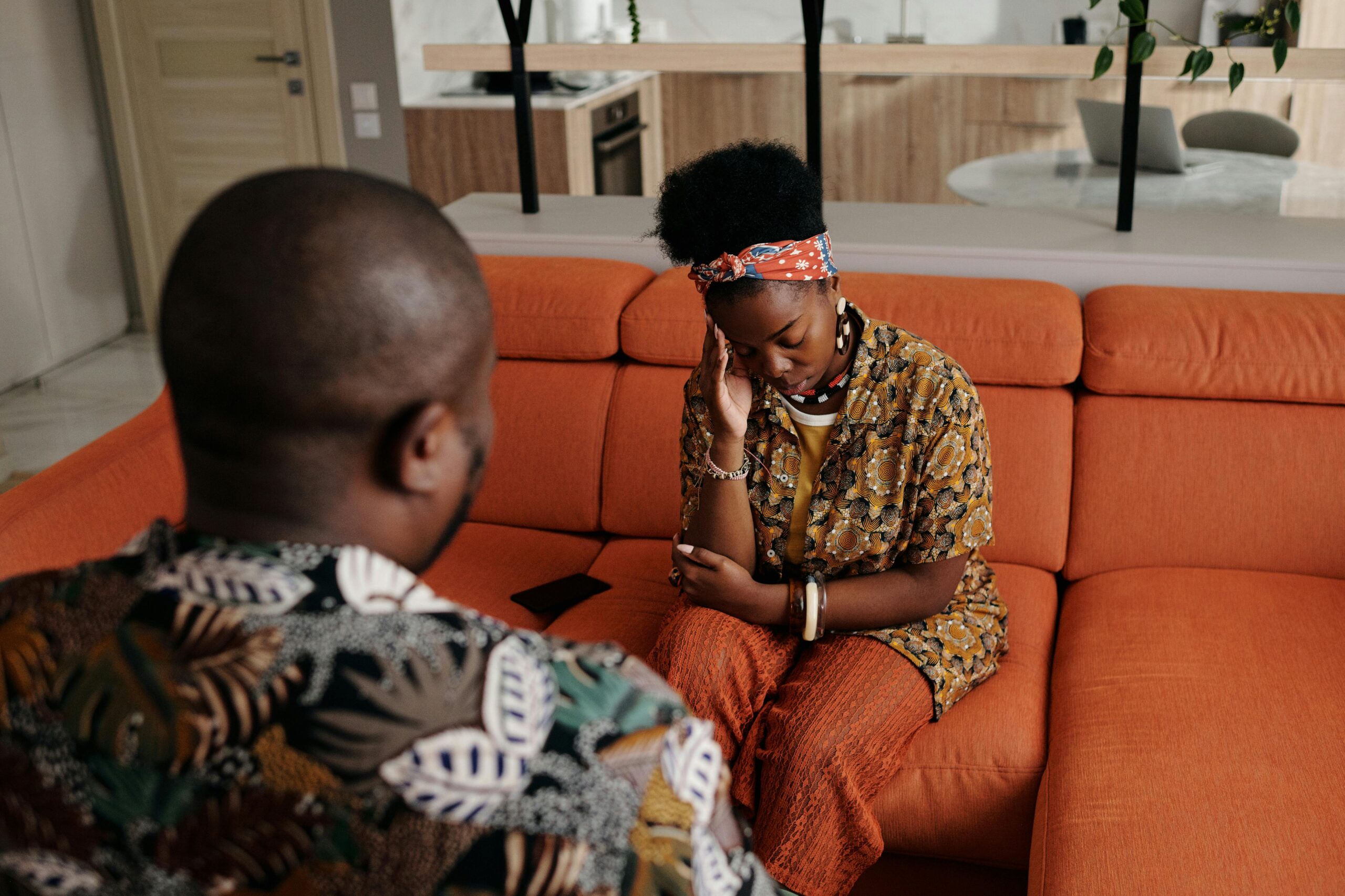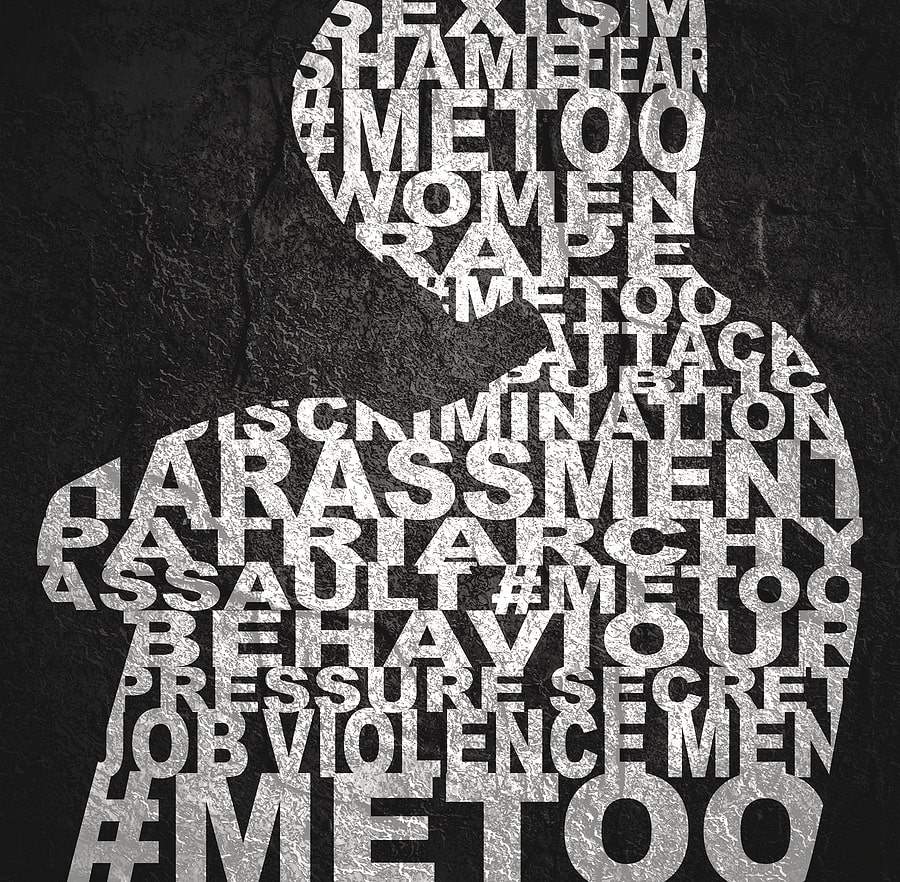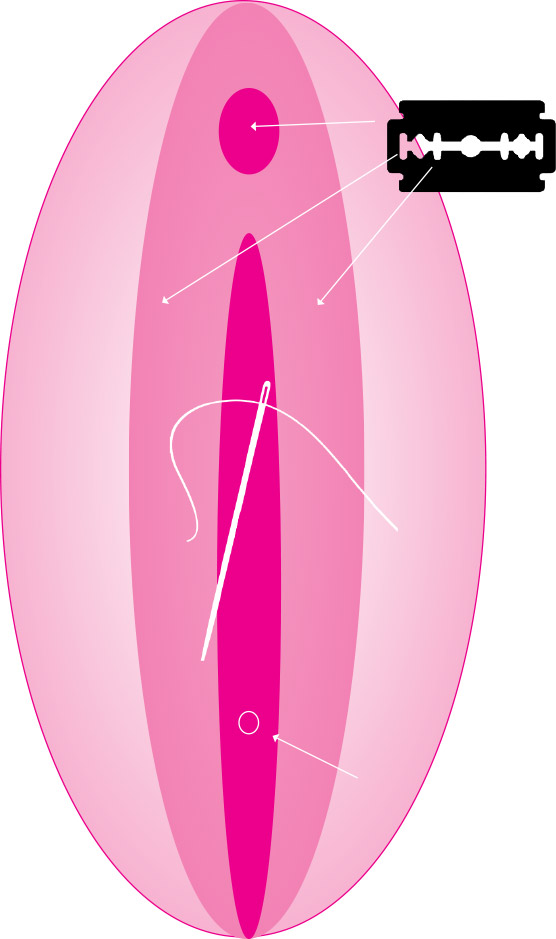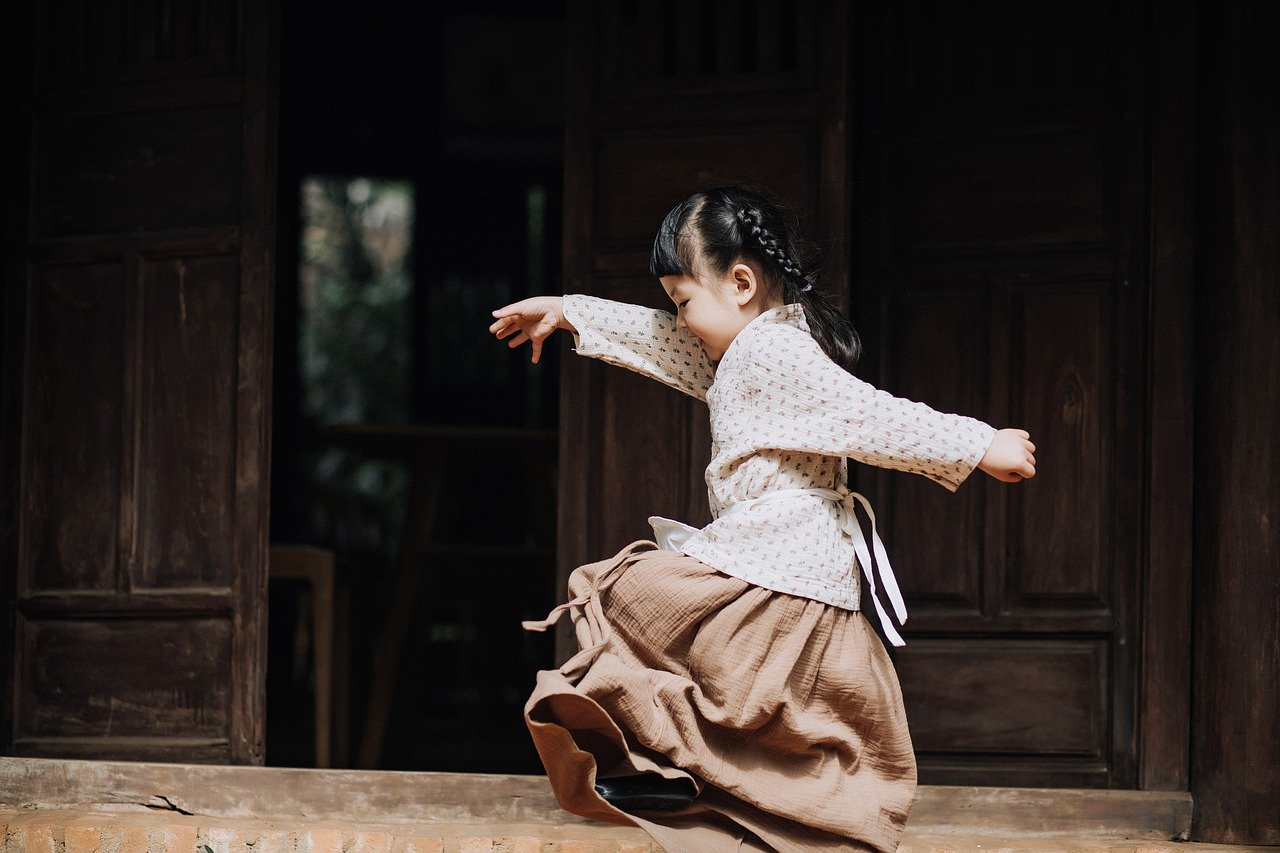In Africa, to be an unmarried woman past a certain age is to carry a scarlet letter invisible only to those who choose not to see. The whispers at weddings, the probing questions at family gatherings, the pity in the eyes of relatives, single-shaming has become a normalized psychological assault, especially on women. But while society frames the scarcity of “marriageable men” as a mysterious curse upon the female gender, the truth lies buried in layers of economic injustice, cultural imbalance, and intellectual evolution.
The Myth of Numbers and the Illusion of Scarcity: Contrary to widespread belief, demographic statistics do not support the narrative that there are significantly more women than men. What the societal pattern does reveal, however, is a perceived scarcity, one deeply shaped by classism, capitalism, and compatibility gaps. The men may exist in number, but are they present in substance, emotionally, mentally, or economically? What truly exists is not a numerical scarcity, but a viability gap. Marriageable women and men do exist in abundance. What’s missing is mutual readiness, shaped by deep systemic issues: the economy, gendered expectations, personal development gaps, and the profound emotional wounds of being measured by what you have, rather than who you are.
Money As A Gatekeper To Love: In many African communities, a man’s worthiness to love or be loved is directly tied to his wallet. No matter how kind, emotionally intelligent, or respectful he is, if he cannot “provide,” he is invisible. The cultural narrative is brutal: “No money, no woman.”
This has left a generation of men in psychological limbo, desiring intimacy, craving connection, needing affection, but too poor to access any of it. They want to express love but are afraid of ridicule. They see women they admire but feel too economically inadequate to approach them. They want sex, companionship, and partnership, but society tells them to “hustle first, feel later.” This creates a dangerous cocktail of repressed desire, social anxiety, and internalized shame, leading to low self-esteem, emotional isolation, and in some cases, self-destructive behaviors.
In many African societies, a man’s eligibility for marriage is economically defined. Bride price, societal expectations, family obligations, and the pressure to “provide” form an unspoken filter through which men are judged and filtered out. Unrealistic economic expectations burden the average African man, while the actual economy fails to equip him with opportunities.
This has created an ironic paradox: the wealthier few have access to many women, not because of character or compatibility, but because wealth makes them visible and viable. These men change partners like wrappers, admired, envied, and often excused, while others, unable to meet society’s economic thresholds, are deemed “not ready,” leading to a pool of “unavailable” men that fuels the illusion of scarcity.
Sexual Starvation: The Taboo Pain of Men: Nobody talks about the sexual suffering of poor men. In a culture where access to pleasure, intimacy, and even touch is monetized, many men, especially in urban slums and lower-income brackets, go years, even decades, without consensual sexual experiences. Their bodies ache for touch, their hearts long for connection, but they are shut out by a system that equates worthiness with wealth.
Some resort to transactional sex, further deepening their shame. Others channel their frustration into aggression, porn addiction, substance abuse, or predatory behavior. But many more simply suffer in silence, unseen, unloved, untouched. This isn’t just about sex. It’s about being human, the basic need for touch, warmth, intimacy, and validation. When that is perpetually denied, it chips away at the soul.
The Intellectual Chasm: While women are rising, gaining degrees, learning skills, going to therapy, and challenging norms, many men remain trapped in the hustle. The singular focus on financial survival leaves little room for self-development, emotional maturity, or psychological healing. The current generation is witnessing an interesting divergence: women are evolving faster and challenging toxic norms. In contrast, many men are stuck in the endless hustle, fixated on “making it” financially without matching emotional, intellectual, or psychological growth.
The result? A compatibility drought and painful irony: women are evolving, but the men they would love to build with are not catching up. So we have a generation of women who are intellectually and emotionally ready for love, staring across a divide at men who feel unready, unworthy, or unable to meet them where they are.
Many accomplished women find themselves surrounded by men who are either intimidated by their growth or emotionally unequipped to build healthy partnerships. And so, these women remain single, not because there are no men, but because there are few they can respect, connect with, or trust. It’s not that the men are “scarce.” They are struggling. And so are the women, waiting, hurting, misunderstood. “Odogwu Is Trauma.”
Single Shaming: A Cultural Crime: In this perfect storm, women are shamed for being single. Men are shamed for being broke. Women are told to lower their standards. Men are told to increase their hustle. And nobody is told to heal, grow, or understand. Women are pressured into hasty marriages just to escape judgment. Men are pressured into performative masculinity, pretending to be more than they are, just to feel worthy of affection. Both suffer. Both ache. Both are drowning in the deep, toxic waters of unrealistic expectations and broken systems. The message is loud and clear: “A bad marriage is better than no marriage.”
This psychological violence has led many women into hasty decisions, abusive relationships, and silent suffering, all in a bid to escape the shame of being single. The pressure is not just emotional; it is systemic, generational, and deeply traumatic.
Single Mothers: Society’s Double Punishment: Nowhere is the hypocrisy louder than in how we treat single mothers. Society condemns the woman for not having a husband and then condemns her again for having a child without one. These women are not only judged but also often rejected by men who ironically fathered children elsewhere. The very act of nurturing life becomes the reason she’s deemed unworthy of new love.
Single mothers are seen as “used,” “baggage,” or “second-hand”, as though motherhood diminishes a woman’s value. Yet, these women often carry more maturity, resilience, and strength than their critics combined. But in a society obsessed with perfection and purity myths, they are rarely given the chance to start again, and when they are, it’s often as someone’s “second option.”
Age-Shaming: The Expiration Lie: Then there is the tragedy of age-shaming. Women over 30 are treated like they’re on a ticking time bomb. Over 35? You must have done something wrong. Over 40? You’re viewed as unfit, unchosen, and past your “prime.”
Men of the same age are seen as “still building,” “still searching,” or “finally ready,” while women are pressured to beg for attention or settle for situationships just to stay relevant. The lie that a woman’s worth depreciates with age is one of the most damaging cultural narratives alive. It drives women into hasty marriages, toxic compromises, and lifelong resentment, all in the name of escaping the dreaded label: “still single.”
The Rise of The Polygamy Power Loop: In a society that still romanticizes polygamy without analyzing its consequences, the financially capable man is rewarded with options. But this privilege often spirals into exploitation. Instead of distributing love, they distribute loneliness, a harem of women emotionally starving beneath the illusion of provision. What appears to be abundance is often abandonment in disguise.
To complicate it further, the few financially powerful men have access to many women, not because of virtue or depth, but because of wealth. They rotate women like luxury, leaving others with none. And society claps. This isn’t abundance. It’s an economic imbalance parading as romantic success. While one man juggles five women, five men are left invisible. The scarcity is manufactured by power, patriarchy, and poverty.
We Must Rethink This Dynamics
This is not just a gender issue. It is a mental health crisis, an economic distortion, and a cultural time bomb. We must:
- Empower men not just financially, but emotionally and intellectually, so they can be partners, not just providers.
- Stop seeing women’s singleness as a defect, and start honoring their standards, evolution, and wholeness.
- Stop ridiculing men who cannot afford luxury, and start nurturing a society where value is not defined by money alone.
- Create safe spaces where men can heal from sexual starvation and shame, and women can find love without begging to be chosen.
Conclusion: Let’s Heal the Divide
In my years of practice, I’ve sat with the woman who wonders why she’s still single, accomplished but unseen. I’ve sat with the man who cries because he loves, wants, and aches, but is too poor to even try. I’ve watched both suffer while society laughs, judges, and ignores the silent epidemic.
The scarcity of marriageable men is not real. What’s real is the scarcity of balanced, emotionally whole individuals, the product of a broken culture and a harsh economy. To heal this, we must go beyond money, beyond shame, beyond numbers. We must build men who can love, and free women who can choose, without fear, without pressure, without apology. Only then can love, in its true and tender form, find a home again.
As a therapist who has sat across from countless women with shattered hearts and countless men with silenced insecurities, I can tell you this: the African marital landscape is broken, not for lack of love, but for lack of balance. To heal, we must empower both genders holistically, emotionally, intellectually, economically, and socially. We must create a world where compatibility is more common than trauma bonding, and where marriage is a choice, not a punishment for singlehood.
We all talk about the escapades of the married women in Festac Town, Lagos, but have we considered the foundational issues where it all started from? We need to begin to prioritize a society where a lawyer can marry a driver, where a doctor marries a chef, a society where priority is placed on emotional connection, healthy dynamics, and true love rather than the charade of Odogwu and Achalugo with no iota of connection but luxury shoes, clothes, hair, and holidays. Until then, the illusion of scarcity will persist, and many will continue to search for partners in a desert created by culture, economy, and silence.
Interested in a serious relationship that can lead to marriage? CLICK HERE to get started
By Tolulope Oko-Igaire
Dr. Tolulope Oko-Igaire, popularly known as The Fixer, is the Executive Director at The Chartered Institute of Counseling THE CICN and Head Therapist at The Intimacy Clinic. She’s the Africa’s foremost Sex, Couple & Mental Health Therapist, breaking the glass ceiling, raising generations of professional and ethically guided Counselors, and leading the campaign for mental and sexual health awareness across Africa.




















